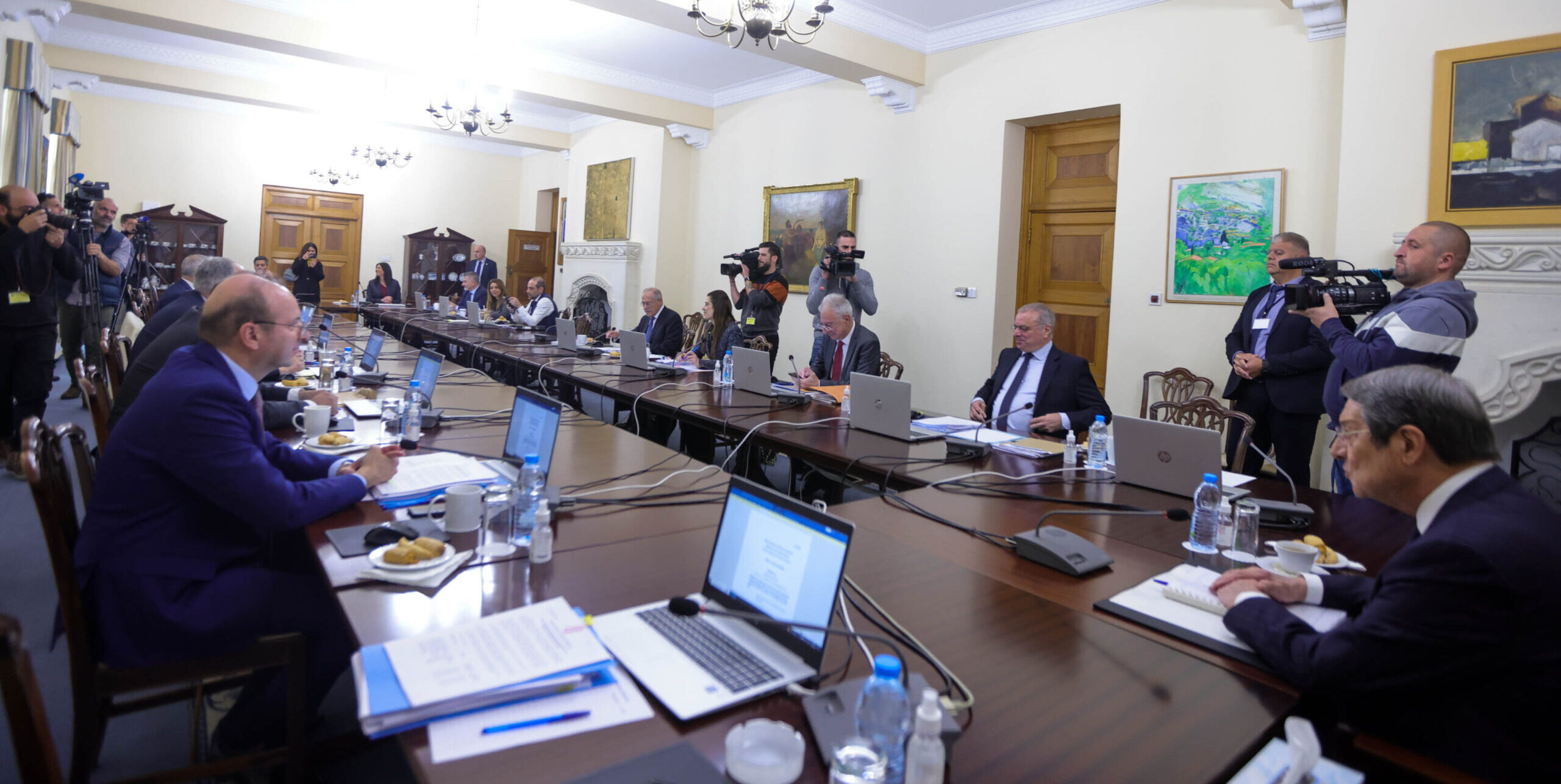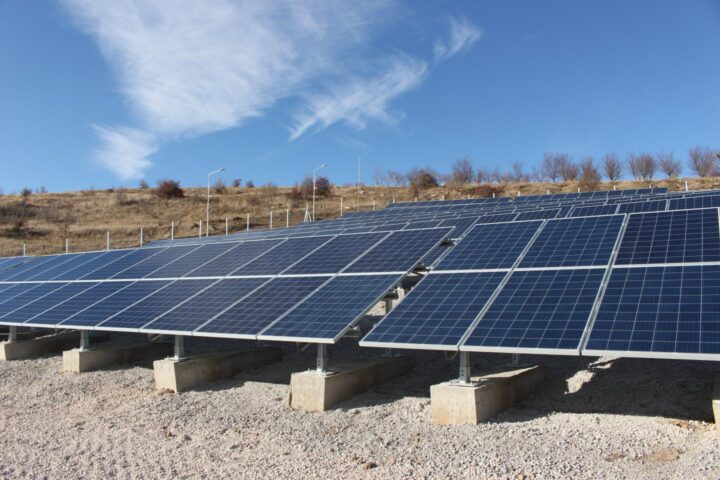The Cabinet on Wednesday decided to extend a series of measures previously introduced to alleviate pressure on households from the hike in fuel prices and electricity.
As the government’s acting spokesperson Niovi Parisinou announced, a freeze of the consumption tax on fuel and a subsidy for household electricity bills have been extended by another two months until 30 April.
The decisions were the last act of the outgoing government, as President Nicos Anastasiades will be handing the keys to the Presidential Palace to Nikos Christodoulides on 1 March.
The freeze on consumption tax on fuel was introduced last March to buffer a hike in petrol prices, powered by the war in Ukraine and sanctions on Russia.
These reduced rates were initially to be valid until June 2022 but were extended until 15 January 2023, with a reduction of 7 cents per litre in the price of petrol, 8.3 cents for diesel and 6.4 cents for heating oil.
The cost-of-living measure was again extended until 1 March.
Meanwhile, consumers in September saw their bills fall by an average of 14% when a government subsidy scheme of up to €68.72 kicked in.
This subsidy was introduced to cover the increase resulting from the government’s decision to reinstate VAT to 19% after lowering it to 9% for a ten-month grace period.
Parisinou said the extension to subsidise the cost of electricity consumption is to deal with inflationary pressures for two additional months, covering bills for March and April.
The estimated cost is €30 mln and covers 449,000 homes, 111,500 businesses, and water consumption for supply and irrigation purposes.
The subsidy covers domestic, commercial, and industrial users and electricity used for irrigation.
The measure was first introduced in September when consumers saw their bills fall by an average of 14% when a government subsidy scheme of up to €68.72 kicked in.
It was introduced to cover the increase resulting from the government’s decision to reinstate VAT to 19% after lowering it to 9% for a ten-month grace period.
As the government said, the measure has cost the state €54 mln and has benefitted some 1,353,088 bills from September until the end of January.










